
Enhancing the autonomy of educational institutions associated with quality assurance
The submission of the draft Laws amending and supplementing a number of articles of the Law on Education; the draft Law on Higher Education (amended); the draft Law on Vocational Education (amended) presented by Minister of Education and Training Nguyen Kim Son said that the three draft Laws have a close relationship and are being developed synchronously to promptly institutionalize the Party's major policies and orientations, especially Resolution No. 71-NQ/TW of the Politburo on breakthroughs in education and training development and key resolutions on science and technology, innovation, digital transformation, international cooperation, private economic development, and innovation in law-making and enforcement.
"This is a necessary step to remove "bottlenecks" in the field of education and training; enhance the autonomy of educational institutions while ensuring quality, effectiveness and efficiency, while meeting new requirements on decentralization, administrative procedure reform, streamlining the apparatus and implementing a two-level local government model," the Minister emphasized.
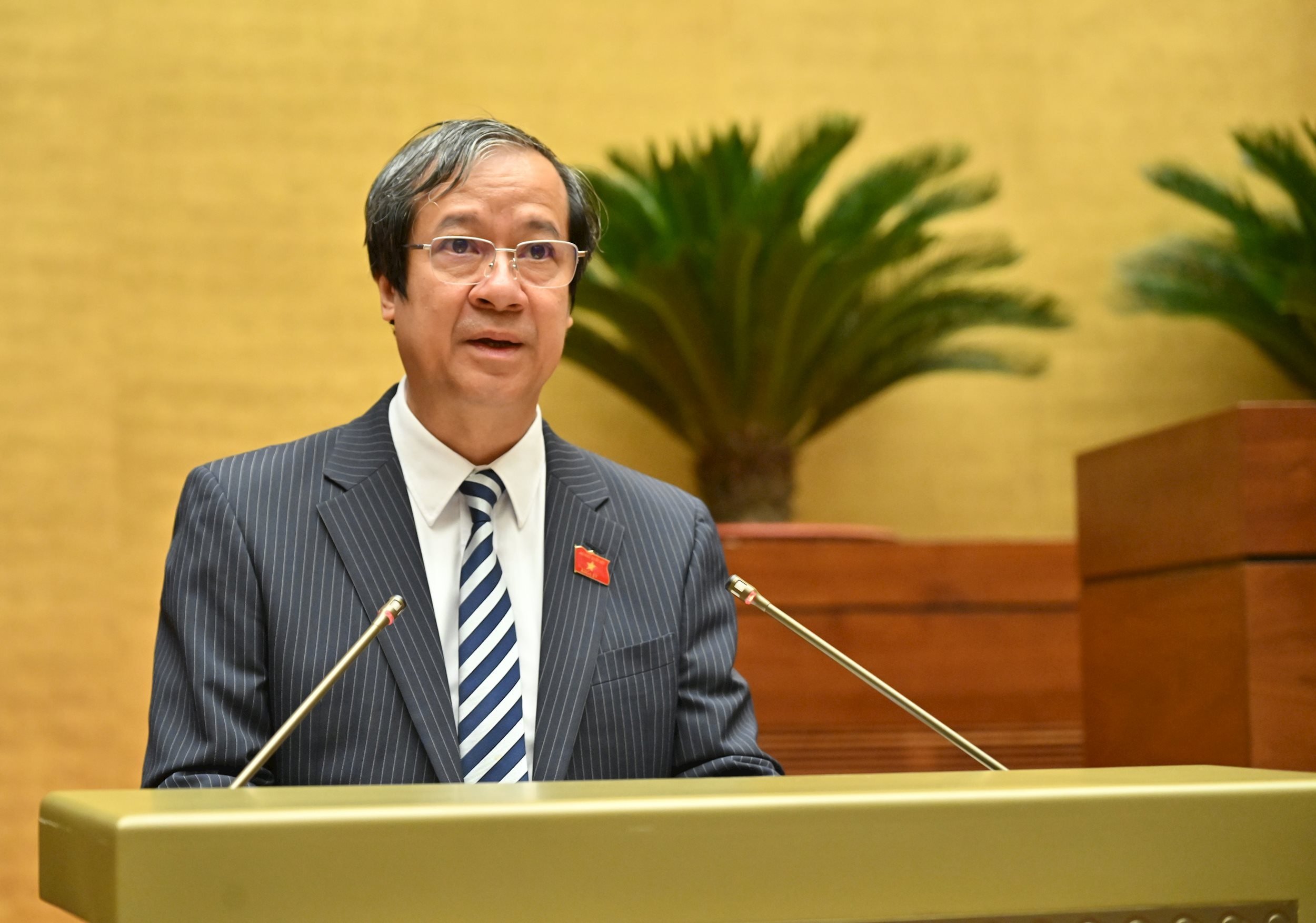
The basic content of the draft Law amending and supplementing a number of articles of the Law on Education focuses on 4 groups of issues.
One is to institutionalize some important contents of the Party, especially Resolution 71 such as: stipulating that lower secondary education is compulsory, universalizing preschool education for children from 3 to 5 years old; supplementing regulations with principles on State policies in science, technology and digital transformation...
Second is to remove practical difficulties, ensure state management and the unity of the legal system.
Third, clearly demonstrating the spirit of decentralization and delegation in education management, increasing the initiative and autonomy of the Ministry of Education and Training, local authorities and educational institutions, both meeting the requirements of modern, effective and efficient development and in line with the Party and State's policy on promoting decentralization and delegation.
Fourth, the draft Law affects about 69 out of 126 current administrative procedures (accounting for 54.76%), in the direction of not directly regulating administrative procedures in the Law but transferring them to regulations in the Government's Decree. At the same time, it cuts down, digitizes and strongly decentralizes to localities as well as educational institutions, contributing to improving management efficiency and creating convenience for learners and schools.
The basic contents of the draft Law on Vocational Education (amended) are: ensuring comprehensive autonomy for vocational education institutions, regardless of financial level, while identifying vocational education as key in developing a highly skilled workforce, prioritized in the socio-economic development strategy and in state budget allocation.
To resolve practical difficulties, the draft Law has revised and completed 30/42 articles (accounting for about 71.5%); streamlined and eliminated many provisions that have been adjusted in other legal documents, to avoid overlap and ensure the consistency of the legal system.
The Draft Law clearly demonstrates the spirit of decentralization and delegation in state management of vocational education to meet the requirements of modern, effective and efficient development, while at the same time being consistent with the Party and State's policy of promoting decentralization and delegation...
The draft Law on Higher Education (amended) fully institutionalizes the Party's major guidelines and policies on developing and improving the quality of higher education in the new period.
The focus of the draft Law is to affirm the State's role in creating, ensuring resources and fairness in higher education, while confirming the autonomy of training institutions regardless of the level of financial autonomy, linking autonomy with the mechanism of self-responsibility and accountability.
The breakthroughs of the draft Law focus on perfecting the system, improving management capacity, increasing synchronous and unified command in the system; investing with focus and key points, developing a modern interconnected system, attracting excellent scientists; strengthening policies to directly support learners; eliminating formal accreditation...
The state provides a set of textbooks for nationwide use.
The review report presented by Chairman of the Committee on Culture and Society Nguyen Dac Vinh stated that the Committee agreed with the necessity, objectives and viewpoints of amending and supplementing a number of articles of the Law on Education in order to promptly institutionalize the Party's policies and guidelines, especially Resolution No. 71-NQ/TW, dated August 22, 2025 on breakthroughs in education and training development and the thematic resolutions recently issued by the Politburo.
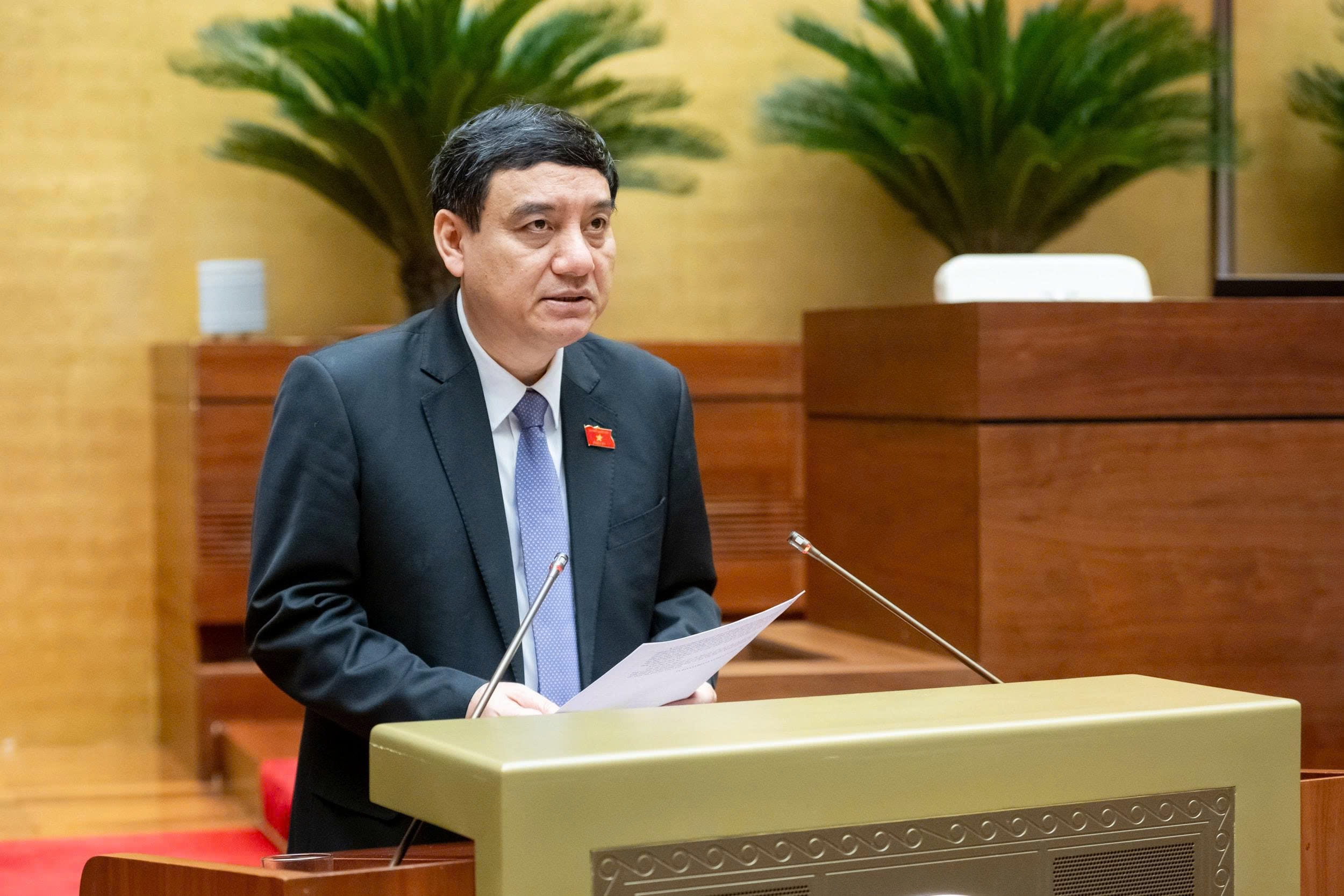
At the same time, perfect the legal corridor on the national education system, promote decentralization, improve the effectiveness and efficiency of state management of education; in accordance with the 2-level local government model...
The Committee agrees with the regulation that the State provides a set of textbooks for uniform use nationwide, in order to institutionalize the Party's policy on general education textbooks. Regarding local educational materials, the Committee agrees with the regulation in the direction of assigning the authority to organize compilation to specialized agencies under the provincial People's Committee, the provincial appraisal council to appraise, and transferring the authority to approve local educational materials to the Chairman of the provincial People's Committee to ensure the initiative of localities.
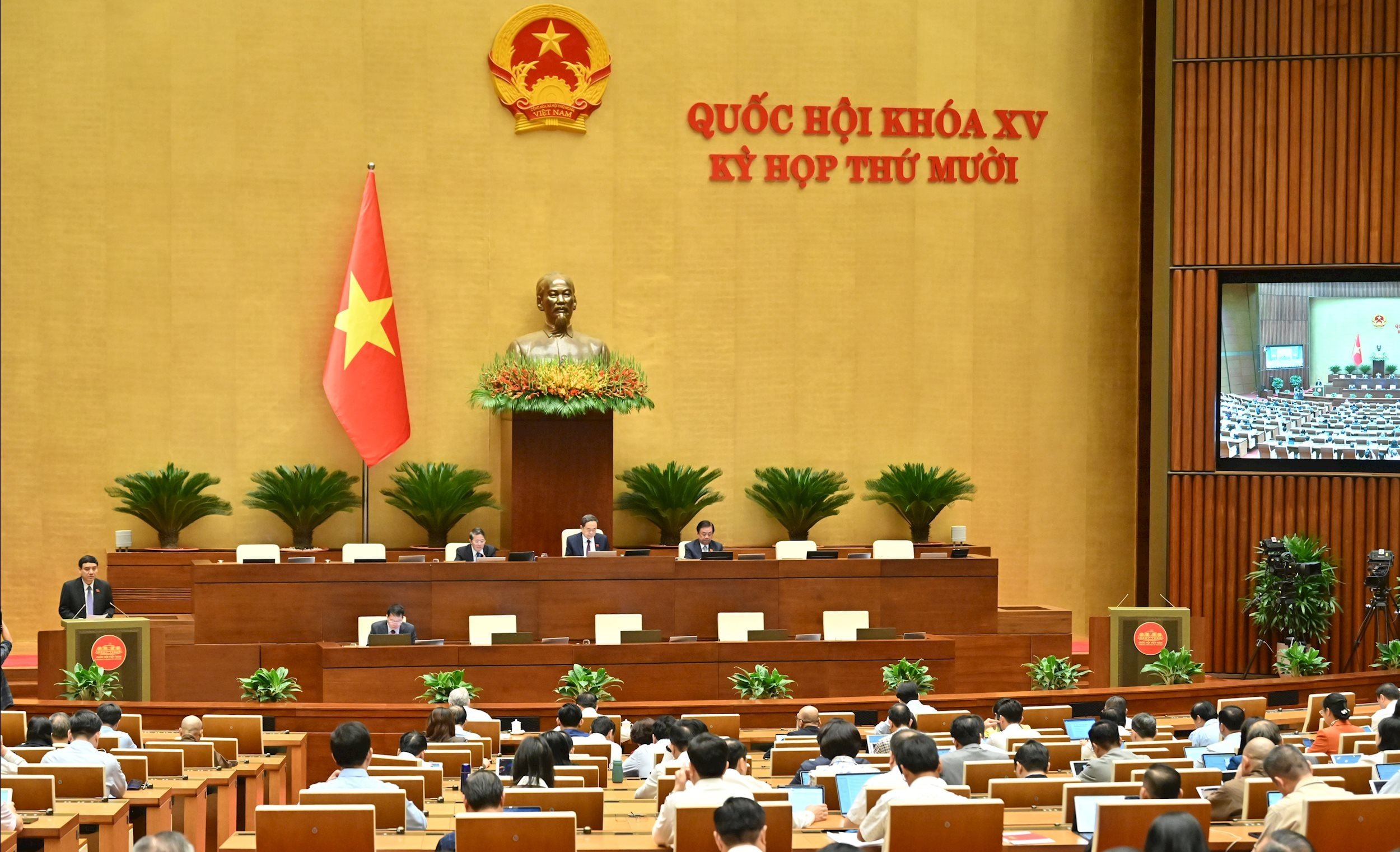
The Committee also approved the abolition of all regulations on conditions for establishing educational institutions and conditions for permission to operate educational institutions; suspension of educational activities; merger, division, separation, and dissolution of educational institutions...
The Government is assigned to issue separate guidance documents on university autonomy.
The Committee approved the comprehensive amendment of the Law on Higher Education; stating that the draft Law has fundamentally, fully and promptly institutionalized the major policies of the Party and State; stipulated basic, important, principled contents within the authority of the National Assembly to remove institutional bottlenecks, creating a clear, unified and favorable legal basis for breakthroughs in the development of higher education.
The Committee approved the regulations on organization and administration of higher education institutions (Chapter II) and said that the draft Law has institutionalized the spirit of Resolution No. 71-NQ/TW in ensuring full and comprehensive autonomy for higher education institutions regardless of the level of financial autonomy.
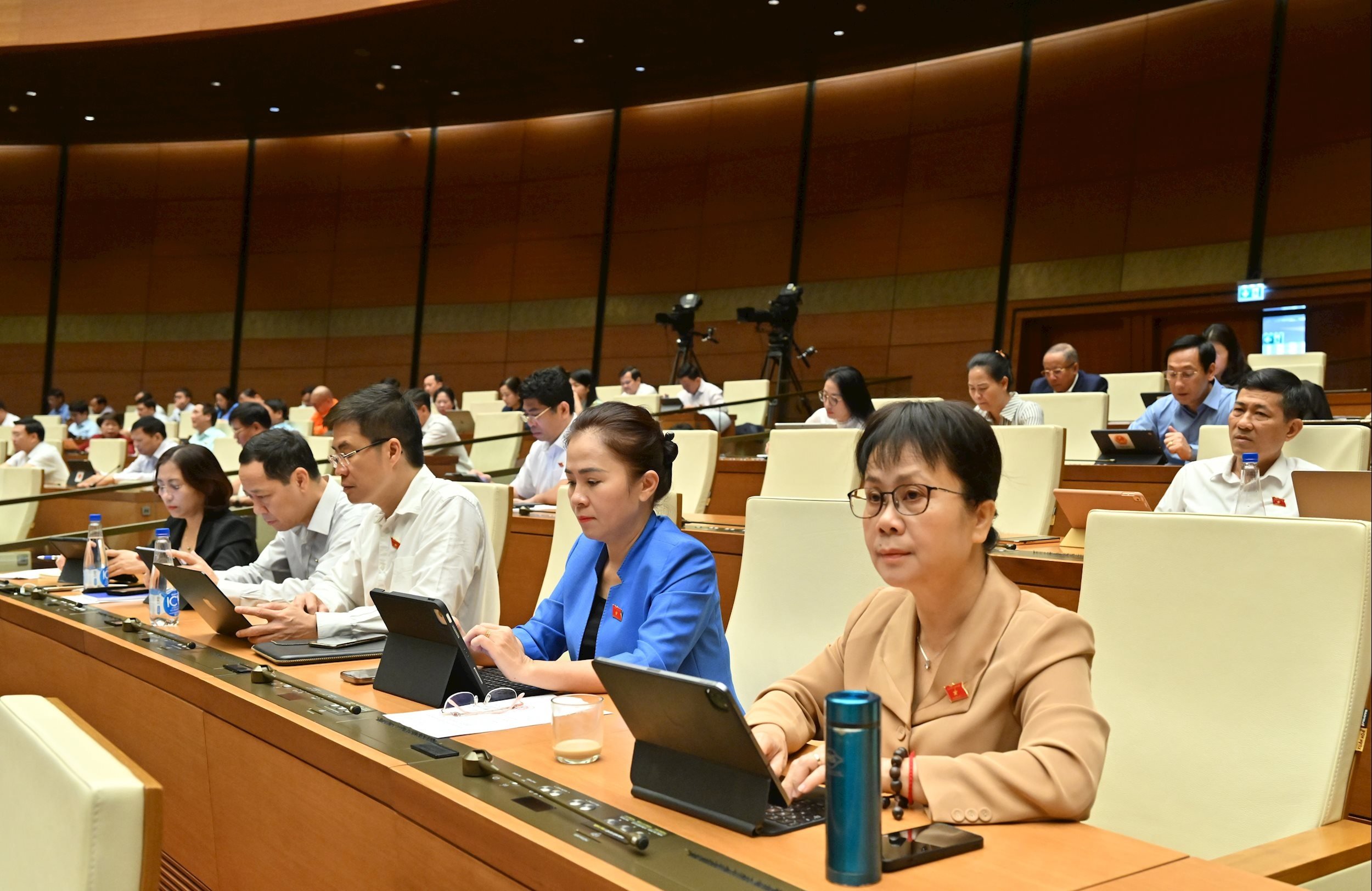
However, the Committee proposed that the Government issue a separate guidance document on university autonomy; clearly specifying the level of autonomy based on the administrative capacity, accredited educational quality and financial capacity of the university.
Clearly define the powers and responsibilities of relevant parties in supervising the operations of higher education institutions when terminating the operation of the school council in public schools; clarify the roles, positions and functions of some units in the organizational structure of higher education institutions such as affiliated schools, branches, production facilities, scientific and training councils, etc.
Determining the position of vocational secondary education in the level/qualification system of the Vietnamese National Qualifications Framework
The Committee also approved the need to amend the Law on Vocational Education, with amendments and supplements to many important contents, institutionalizing the Party's new policies on breakthroughs in education and training development; basically meeting the requirements of innovation in thinking in law-making.
The Committee basically agrees with the provisions of the draft Law on training programs, objectives and certificates in vocational education (Article 6).
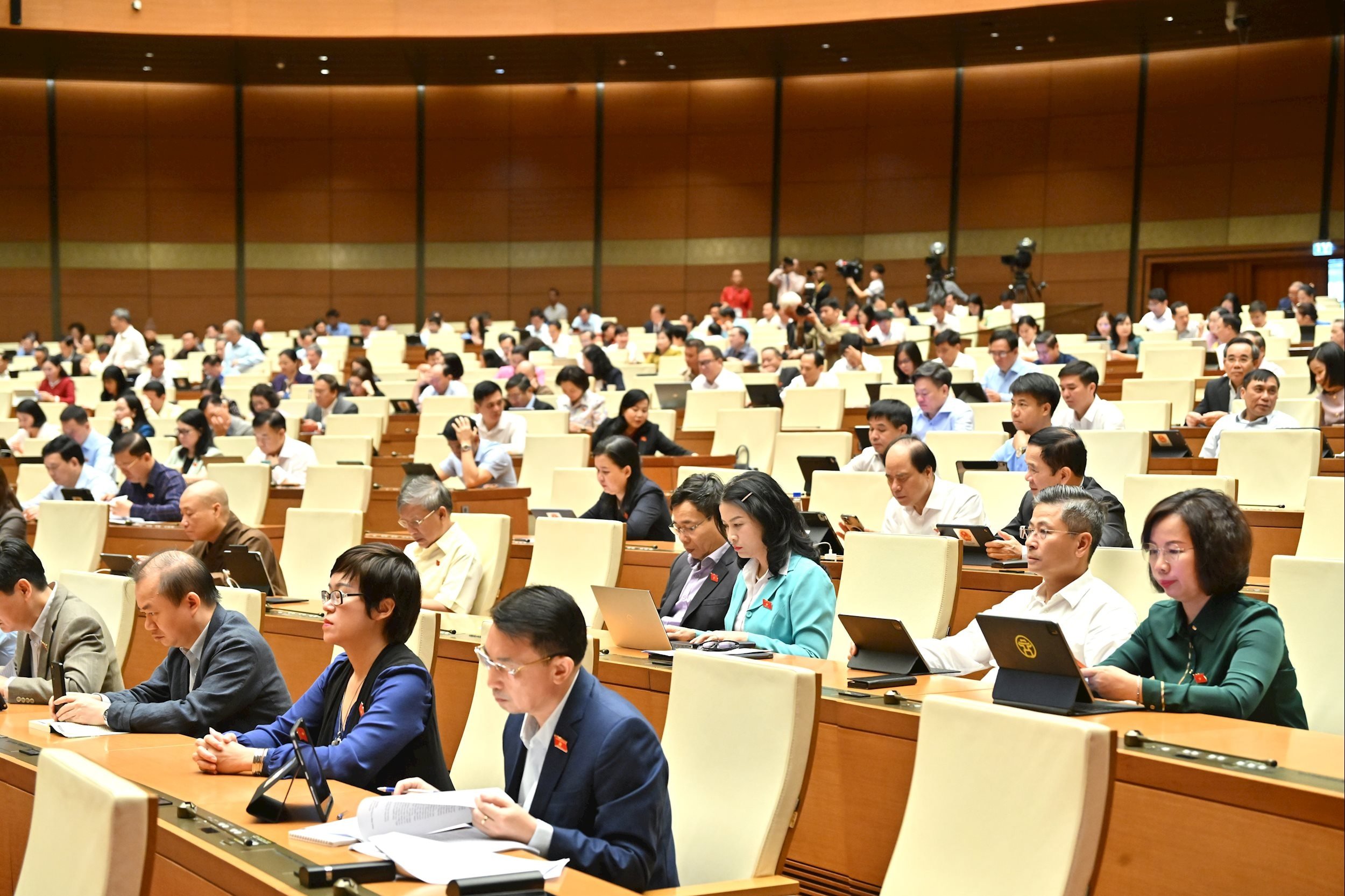
However, it is recommended to determine the position of vocational secondary education in the system of levels/qualifications of the Vietnam National Qualifications Framework; clarify regulations on integration between core knowledge of the high school program and vocational expertise in the vocational secondary education program. Clearly specify input standards, training time, output standards of the intermediate program and vocational secondary education program to facilitate streaming and connection with higher levels; clarify regulations on vocational secondary school graduation exams.
Regarding the vocational high school model (Article 7), the Committee proposed to study the policy and stipulate a roadmap for arranging vocational education and continuing education centers into vocational high schools, and to unify the policy for arranging the network. Supplement the vocational education model (college-level training) in higher education institutions, especially for technical and technological sectors.
In this afternoon's session, the National Assembly will discuss in groups the above three draft laws.
Source: https://daibieunhandan.vn/thao-go-diem-nghen-trong-linh-vuc-giao-duc-dao-tao-10392337.html








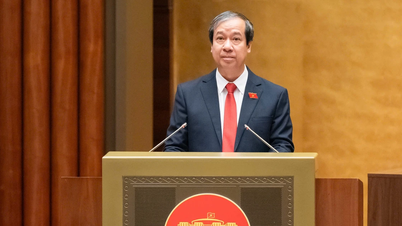

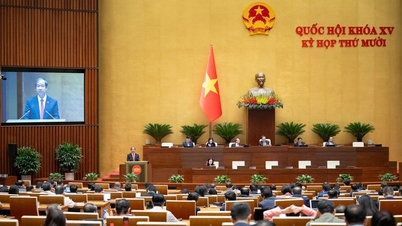



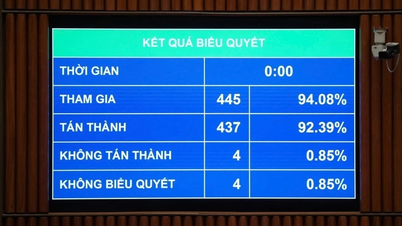
![[Video] National Assembly passes the amended Civil Servant Law with 92.39% of delegates voting in favor](https://vphoto.vietnam.vn/thumb/402x226/vietnam/resource/IMAGE/2025/12/10/1765379039932_1-6690-3945-png.webp)

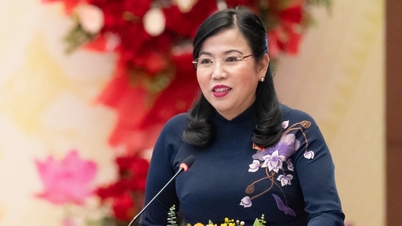


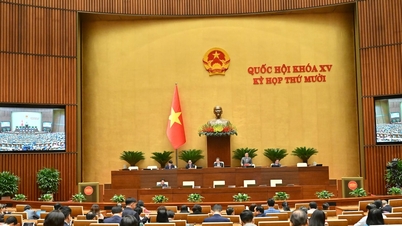
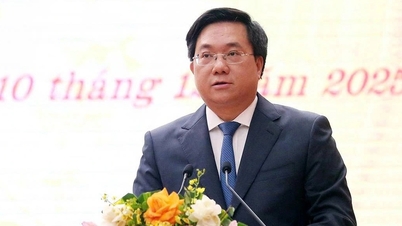
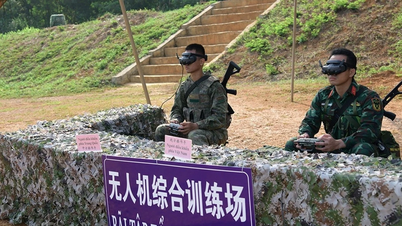






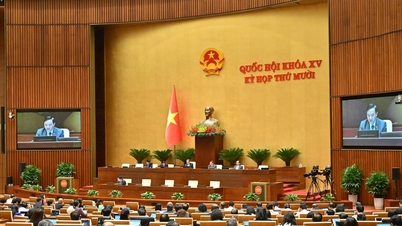
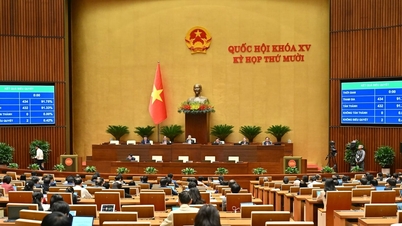
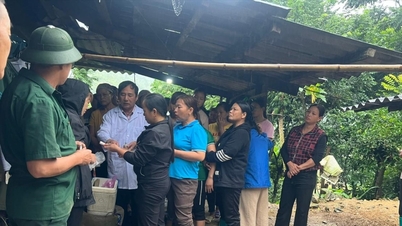







![[Video] The craft of making Dong Ho folk paintings has been inscribed by UNESCO on the List of Crafts in Need of Urgent Safeguarding.](https://vphoto.vietnam.vn/thumb/402x226/vietnam/resource/IMAGE/2025/12/10/1765350246533_tranh-dong-ho-734-jpg.webp)
































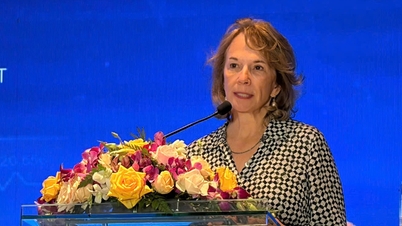


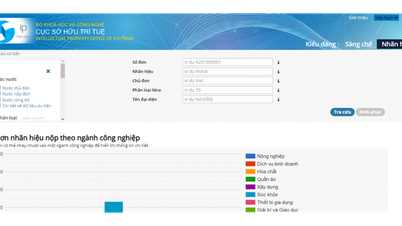
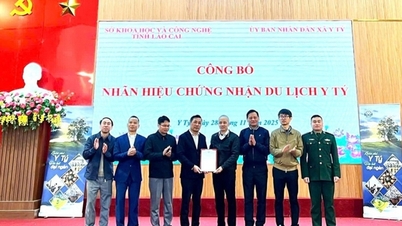

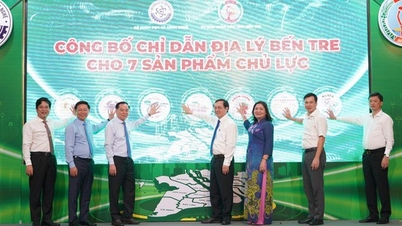
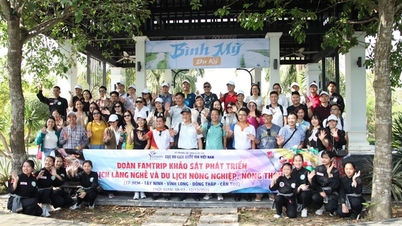



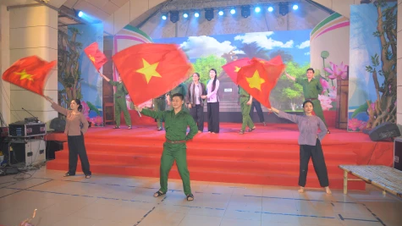

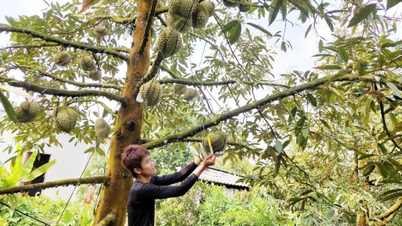
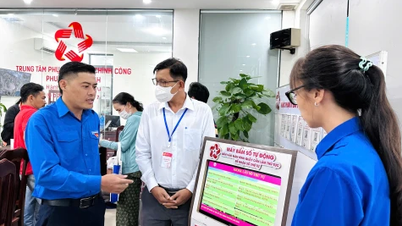
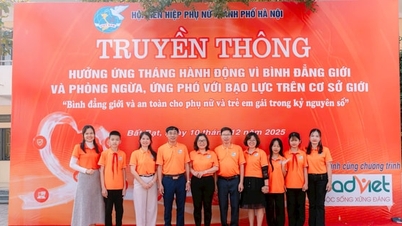

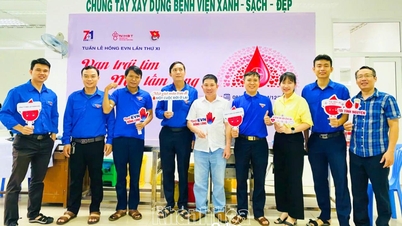


















Comment (0)